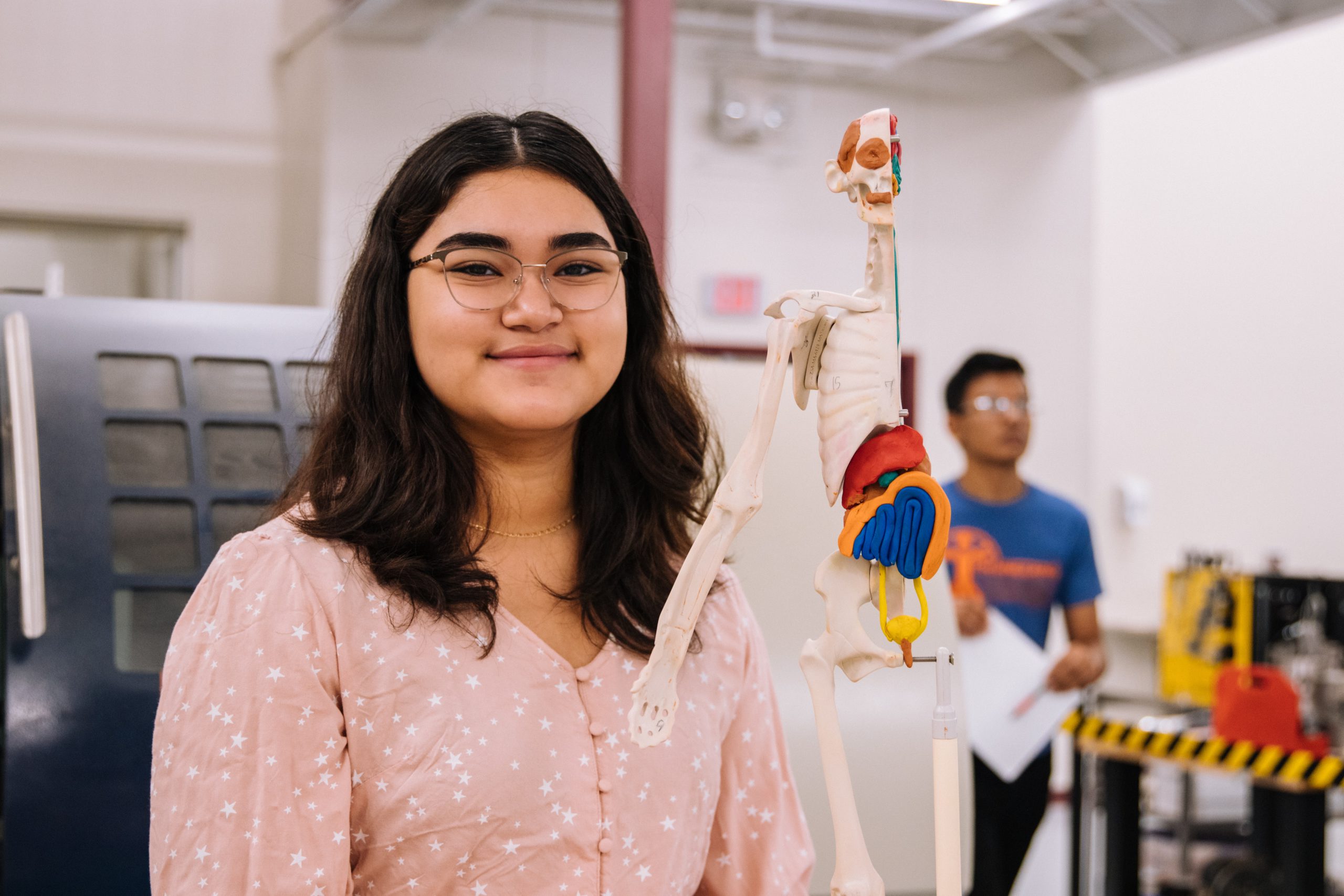Covid-19 has robbed people around the world of loved ones, livelihoods and so many of the usual certainties and comforts of everyday life.
It is also threatening to steal from millions of girls their right to an education.
These are girls who could grow up to develop vaccines for diseases, tackle social injustices or lead the fight against climate change.
But the global pandemic is depriving them of the benefits which education and training confer on individuals, their communities and the wider world.
Girls generally experience more barriers to education than their male counterparts, and this has been exacerbated yet further by the Covid-19 pandemic and the necessary restrictions imposed to limit its spread.
Schools have closed and students have been forced to learn from home as a result of lockdown measures. Evidence suggests girls are returning to school at a slower rate than boys, or sometimes not at all.
The international organisation Girls not Brides reports as few as 12 per cent of households in the poorest countries have internet access at home, while access to mobile internet is 26 per cent lower for women and girls than for their male peers.
In addition to limitations to access to education, women and girls disproportionately take up unpaid care work, even during times of relative calm. According to UNESCO, women and girls are being expected to undertake even more care-taking responsibilities in the home during the pandemic. This has detrimental impacts both for the education workforce, in which women predominate, and for the many girls who as a result are unable to continue their formal learning.
Furthermore, schools and colleges often provide a safe space from violence in the home or family members. Without this haven, girls are more likely to be subjected to abuse or forced into marriage. Organisations across the globe have seen calls to hotlines for victims of abuse and demand for support services rise from between 25 and 300 per cent during Covid-19 lockdowns.

Education is a pathway to socio-economic development, and we must not allow this pathway to be blocked.
If girls have greater access to education and remain in school, they are able to make better and more informed choices about their future lives. Better educated girls will be key participants and contributors in the formal economy, earn higher wages and therefore develop their communities.
Legislation and policies are needed to support action through the provision of targeted mechanisms and programmes to ensure that wherever possible girls remain in school. Where in-person schooling is not possible, governments should ensure girls are able to access distance learning. It is also critical that when girls are forced to work or learn from home, every effort should be made to ensure that they are protected from all forms of gender-based violence.
Respect and protection of human rights is at the centre of the work of the Commonwealth, in accordance with the values and principles of our Commonwealth Charter, to which Heads of Government have committed all our member countries. The charter declares that ‘equality and respect for the protection and promotion of civil, political, economic, social and cultural rights, including the right to development, for all without discrimination on any grounds are the foundations of peaceful, just and stable societies’.
Education is both a human right in itself and an indispensable means of realising other human rights.
It is vital in empowering women, safeguarding children from exploitative and hazardous labour and sexual exploitation, promoting human rights and democracy, and protecting the environment.
Education is the primary vehicle by which economically and socially marginalised adults and children can lift themselves out of poverty and obtain the means to participate fully in their communities. It is one of the best financial investments governments can make.
Covid-19 has taken so much from us already. We cannot let it take this precious right to an education too. All our young people, including girls, should have the assurance of opportunities to reach their potential and enjoy the fulfilling future they deserve.











